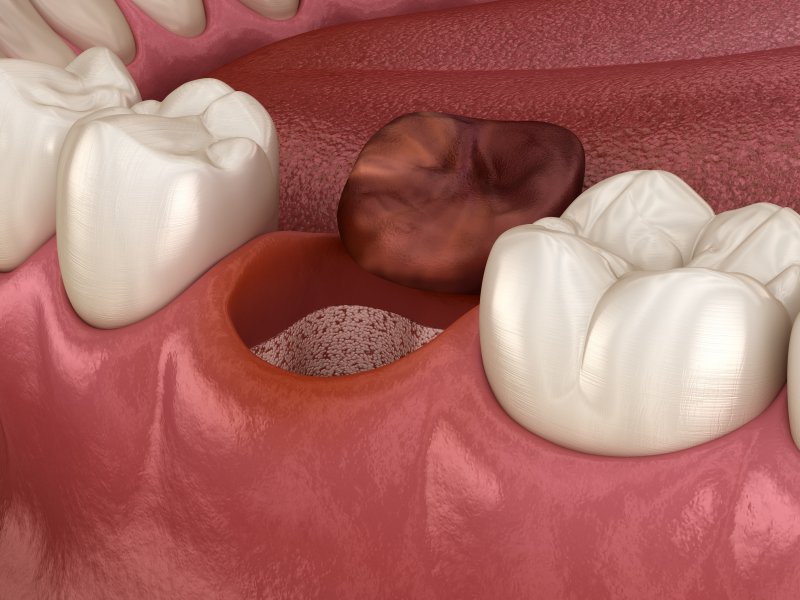
Tooth extractions may sound a little scary, but most of the time they’re freeing you from a burden. One bad tooth can completely change the way you feel day-to-day, and being rid of it can be a huge weight off of your shoulders.
However, after your surgery, you’ll have to take care of the wound where your tooth once was. In particular, it’s important to avoid a condition known as “dry socket,” which can seriously throw off your recovery. Here’s more information about this condition, and how to prevent it.
What is Dry Socket?
When you remove a tooth, the first step in the body’s healing process is to form a clot around the wound. That clot protects the jawbone and the nerves while the gums heal, making it vitally important.
Sometimes, for one reason or another, that clot comes out. The jawbone and nerve endings are exposed, leading to severe discomfort and delays in the healing process. This is the condition known as dry socket, and as you can imagine, it’s not something you want to deal with.
How to Avoid Dry Socket
Thankfully, your clot isn’t going to come loose on its own. So long as you avoid these few things, you shouldn’t have to worry about dry socket:
- Straws: Suction is probably the biggest risk factor for dry socket. Using a straw produces a lot of that suction, putting you at serious risk of having your clot pulled out.
- Smoking: In a similar vein, drawing on a cigarette, cigar, or pipe can produce a lot of suction. Tobacco in general is also a bad idea because nicotine is a vasoconstrictor that can reduce blood flow to the gums. This could potentially slow the healing process.
- Hard Foods: Chewy, gummy, sticky, or hard foods could potentially dislodge your clot when chewing, so it’s important that you stick to a soft-ish food diet until your gums heal completely.
Fortunately, dry socket is treatable. If you worry that you’ve lost your clot, call your dentist; they’ll be able to help you.
About the Author
Dr. James Kostas has been working in dentistry for over 30 years, and he loves being able to help members of his community achieve immaculate oral health. He’s been practicing so long that some patients that he saw as children now bring their kids to see him. Dr. Kostas graduated from the Tufts University School of Dental Medicine, and he completed residencies at the Harvard University Dental School and the Brigham and Women’s Hospital before opening his practice.
If you have any questions about preventing dry socket, he can be reached at his website or by phone at (781) 272-0441.







